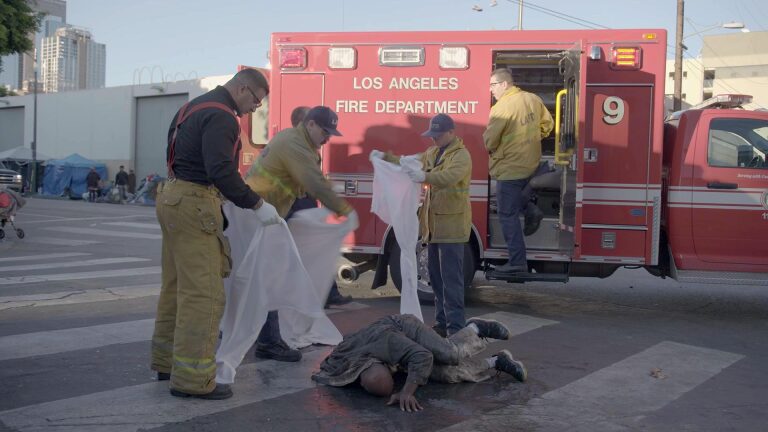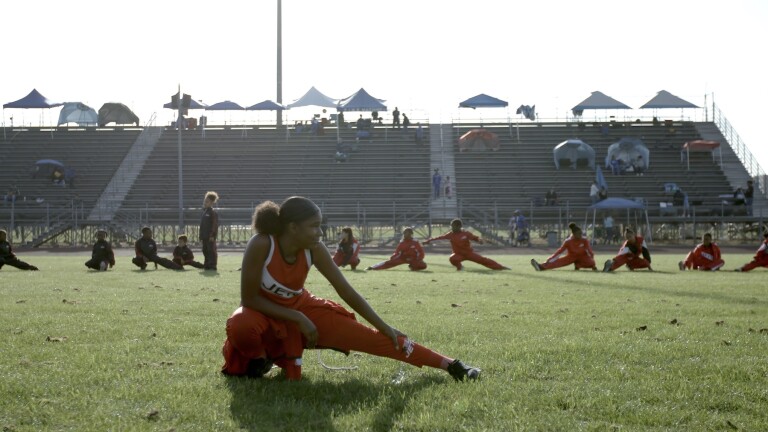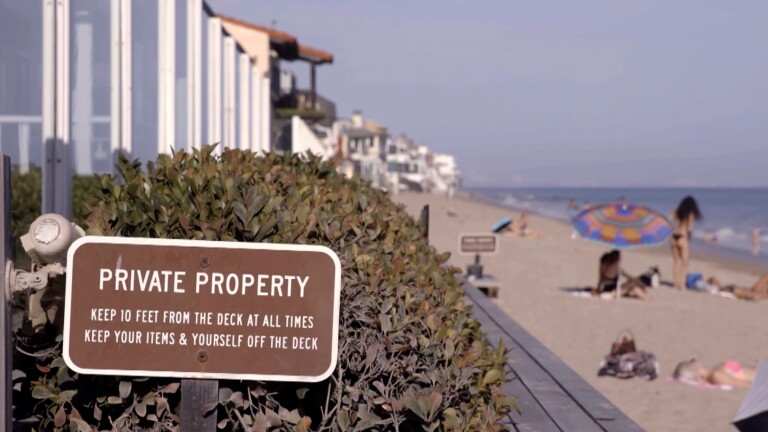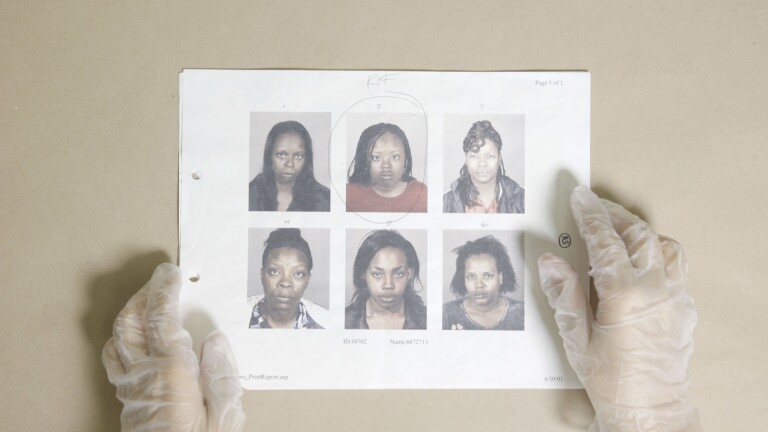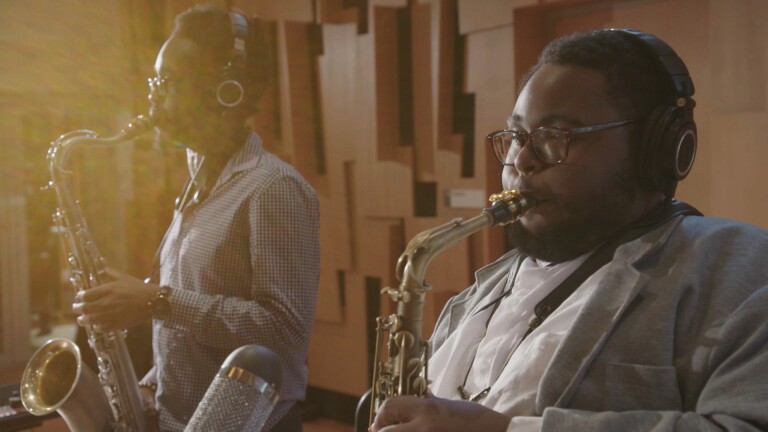
Bumper to Bumper
Los Angeles has the worst traffic in the country. SoCal drivers sit in rush-hour traffic 93 hours a year — more than twice the national average; the five-county area has more than 2000 freeway miles crowded with more than 10 million commuters; since 1980 Californians have doubled the miles we drive on highways and freeways, but we've built only 6% more miles of freeway lanes. No wonder we're often bumper to bumper.
But there are people trying to make order out of this chaos. We take viewers into the basement of L.A. City Hall where engineers like Bill Shao and Sean Skehan monitor an impressive network of road sensors, overhead cameras, and light synchronizing technology that makes L.A.'s traffic control system one of the most advance in the world.
About ten miles north of downtown, is the $46 million state-of-art CALTRANS facility that oversees freeways in L.A. and Ventura Counties. Their mission is to respond as quickly as possible to everything from multi-car accidents to a dropped ladder. Besides clearing obstacles, they control the message boards that tell us how long it will take for us to arrive at our destination. We talk with Doug Failing and his engineers at the L.A. Regional Traffic Management Center.
Finally we meet author, Tom Vanderbilt, who has traveled the world talking to the experts who study the science of traffic. We find out what he learned for his book Traffic: Why We Drive the Way We Do (and What It Says About Us). People may complain about the insanity of LA traffic, but Vanderbilt points out a lot of problems are cause by us -- the drivers.
Want some relief from traffic? Do what Rob Greene does.This cycling road warrior bikes 7 miles between his home and his office, saving time, gas, insurance and car repairs. In fact, he doesn't even own a car. But he admits that cycling on surface streets in rush-hour has it risks.
In the end, will technology give drivers the relief we crave? Not completely. But as least after seeing the high-tech wizardry that is our traffic management system, you feel less alone as you caught in that slow-moving river of humanity on our roads and freeways.

